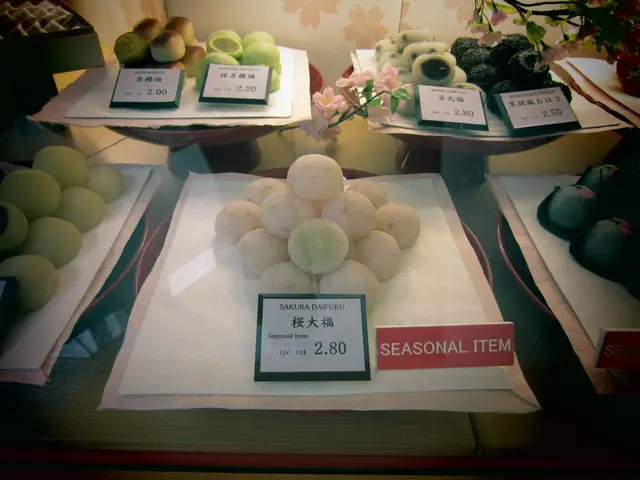Landscaping Professionals Avoid Planting These 6 Trees for Enhanced Garden Privacy
Gardens craving privacy can find solace in well-chosen trees, serving as a natural, picturesque barrier to prying eyes. A ring of greenery not only provides the advantage of privacy but also brings shade, noise reduction, and aesthetic appeal to the outdoor space. Yet, not all trees are created equal when it comes to this purpose. Some varieties may disappoint in their density or slow growth.
To achieve a garden teeming with a natural privacy screen, gardeners and arborists recommend avoiding specific trees due to their sparse foliage or narrow growth patterns. Here's a rundown of the trees to be cautious about and alternatives that will ensure a more secluded outdoor sanctuary.
Italian Cypress:
Despite the Italian Cypress' popularity, its tall, slender shape makes it less effective for screening purposes. Its silhouette is too thin to effectively veil a space, leaving homeowners better off opting for alternatives like Arborvitae, which offers similar foliage in a broader, denser form.
Arborvitae trees boast dense, textured foliage with a wider structure than cypresses, making them the better choice for privacy.
Paper Birch:
The Paper Birch (Latin name Betula papyrifera) is known for its light, open foliage and papery bark, a favorite among children for peeling. However, its slender branches make it unsuitable for creating privacy.
Consider the Hornbeam (Carpinus Betulus) as a better alternative, offering dense foliage that can be trimmed easily to create a deciduous privacy screen.
Redbud:
While the Eastern Redbud's spring display is charming, its spreading shape and sparse branches result in limited privacy benefits. Opt for the Photinia x Fraseri "Red Robin" instead for a burst of color with added privacy.
Part of the best fast-growing trees for privacy, the Photinia x Fraseri is a deciduous tree that provides privacy as it grows.
Star Magnolia:
Star Magnolia trees are celebrated for their fragrant, star-shaped flowers but their limited size and seasonal leaf drop make them unfit for privacy purposes. In warmer climates, Magnolia grandiflora is recommended as an alternative, offering evergreen foliage and a more substantial screening effect.
Japanese Maple:
While the Japanese Maple tree is renowned for its brilliant foliage, its small size, slow growth, and open canopy make it unsuitable for privacy purposes. In its place, consider the Acer Campestre (Field Maple), which can be clipped for hedging or left to grow naturally, providing more coverage and height.
Olive:
The olive tree's gappy growth pattern isn't ideal for a privacy screen. Instead, Portuguese Laurel (Prunus Lusitanica) is suggested, offering density, versatility, and a Mediterranean appearance. However, it's essential to note that with fast growth comes maintenance challenges. Some jurisdictions consider Cherry Laurels or Portuguese Laurels as invasive weeds of concern.
Trees have long provided mankind shelter since the dawn of time. When prioritizing privacy in a garden, focus on trees with dense canopies or cultivars that can be pruned, pollarded, or pleached to create an enchanting, personalized veil for your outdoor space.
[1] Andry Wu, Founder of Backyard Oasis[3] Tony O'Neill, Founder of Simplify Gardening[5] Kaustubh Deo, President of Blooma Tree Experts
- In some gardens, the need for a private space can be met with trees, providing a natural and aesthetically pleasing barrier.
- However, not all trees are suitable for privacy; Italian Cypresses, for instance, have slender shapes that offer limited screening.
- A better alternative could be Arborvitae trees, which feature dense, textured foliage and a broader structure.
- Similarly, the Paper Birch, with its light and open foliage, isn't ideal for privacy but the Hornbeam offers dense foliage and easy trimming.
- When it comes to color, consider the Photinia x Fraseri "Red Robin" instead of the Eastern Redbud for a burst of color and added privacy.
- For those seeking all-year privacy, the Magnolia grandiflora could replace the star-shaped flowers of the Star Magnolia, providing evergreen foliage and a substantial screening effect.
- When considering pets or relationships, remember that some trees, like Portuguese Laurel, require maintenance and may be considered invasive in certain jurisdictions. Always research before planting to maintain a balanced garden lifestyle.








